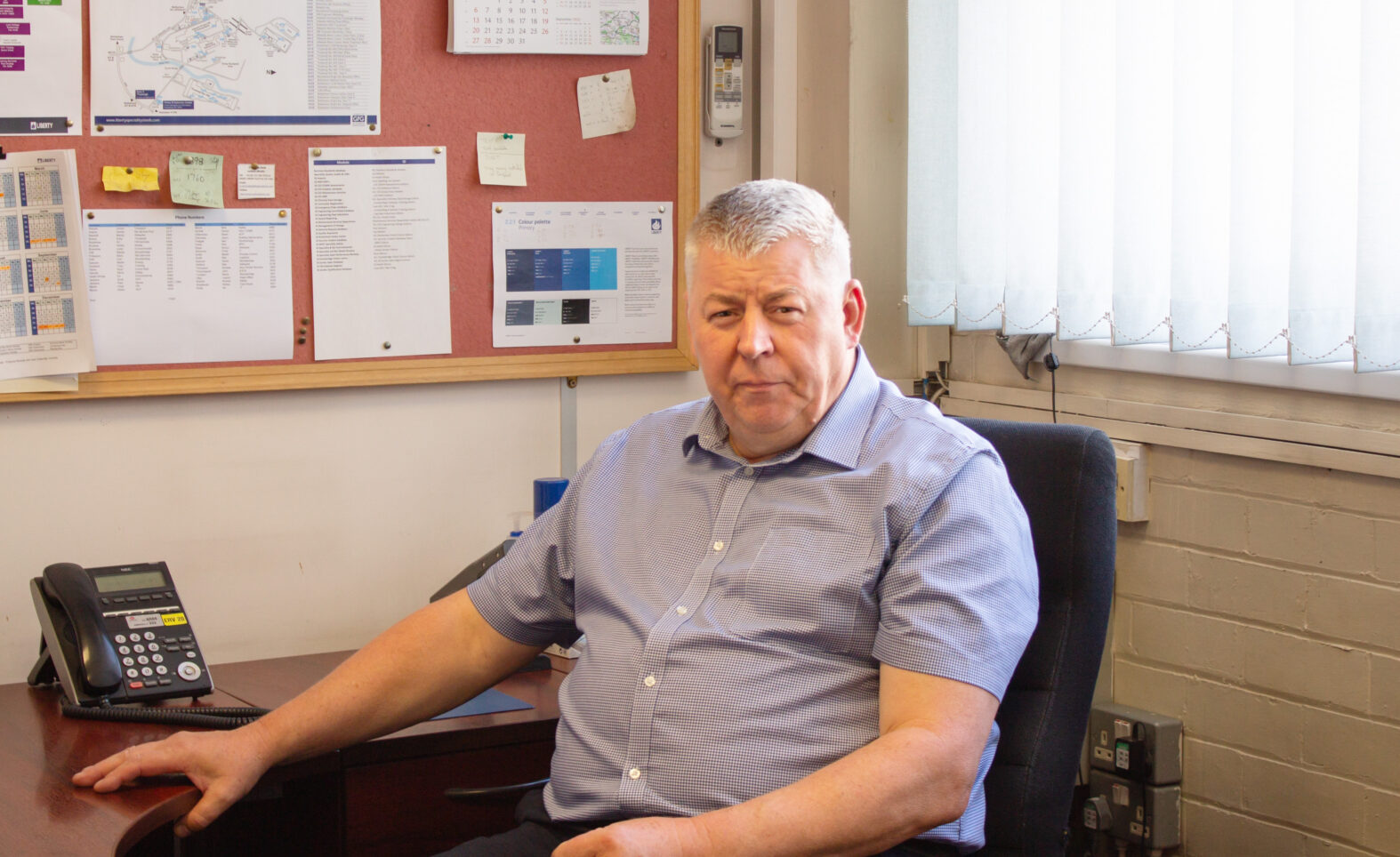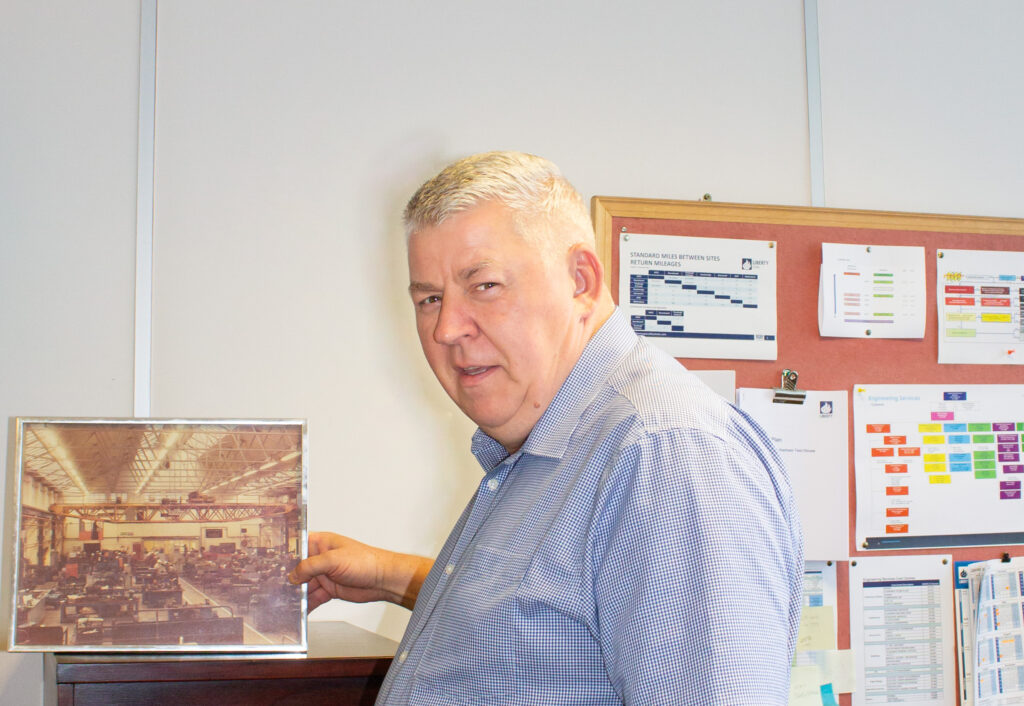Whyalla featured on hit documentary series Australian Story
In September 2018, the ABC’s hit documentary series Australian Story tracked ...

John Littlewood, the Engineering Services Manager for LIBERTY Speciality Steel UK, celebrated a significant milestone – 45 years of dedicated service. Throughout his illustrious career, he has witnessed the evolution of the steel industry and played an instrumental role in engineering advancements, safety improvements, and waste management initiatives.
“I started as a Technical apprentice, but my first proper job was in the Melting Shop in 1982 as a Mechanical Foreman. In those early days, it was very difficult to arrange a process and communicate with each other. There were no computers until the 1990s and no mobile phones until 2000. There was a guy who sat in an office with a radio. If anybody wanted a job doing, they would ring treble one (111) into the clerk, and the clerk used the radio to tell you that something is broken down. After that, you had to ask him to find “Joe Bloggs” in the shop to go to do that job. Then the clerk guy went to find “Joe”, but he wasn’t there. It was like a game of hide and seek”, John recollects.
“Can you imagine now that 40 years ago there were people who were employed to carry somebody else’s bag, literally. On the shift, there were Fitters, and there were Fitters’ mates, and the Fitters’ mates carried the Fitters’ bag, and there were Pipefitters, and there were Pipefitters’ mates, and there were Electricians and Electricians’ mates. And the mate carried the tools and did all the cleaning and menial tasks. The Fitters and the Electricians were very respected, but of course, it was not efficient from a commercial point of view.”

John was a Foreman for a few years, then he became the Crane Engineer and five years later – a Mechanical Engineer. He took part in the construction of N Furnace, the most progressive electric arc furnace of its day. And one of the most significant challenges during his career was constant improving of health and safety practices.
John vividly remembers the early days when safety measures were lacking.
“Our accident rate in engineering was probably one of the better ones, and we’d had 72 accidents. It was a big organisation. So, what we did, we pulled together a team of people from the shop floor who wanted to make a difference and put them full-time into a safety team for 6 months,” he explains.
This team developed our Hazard and near miss reporting systems and started doing risk assessments and Safety training, revolutionising safety practices at the company. The section staff also introduced Contractor management and safety inductions. It was a time of great change.
“We’ve done a lot of work on controlling asbestos and reducing hand arm vibration and fumes and almost all other health things. That’s what’s better. People go home how they came,” he emphasises.
The progress the steel industry made during the last 45 years that I have been here is enormous. First and the most significant change is safety. Another success is our apprenticeship program. I’ve invested 45 years in the steel industry and this place, and I want to see it thriving.
John’s commitment to environmental sustainability also drove significant changes in waste management practices. “The business used to spend £2 million a year on waste. So we started a Waste department to manage waste. If you can segregate waste you can reduce the cost and generally get value for it. We created facilities to process our own waste and recycle it,” he reveals. The transformation not only improved environmental accreditation but also turned waste management into a profitable endeavour for the company.
As John reflects on his incredible journey, he remains optimistic about the future of engineering, the steel industry, and is ready to implement new ambitious projects.
Leave A Reply